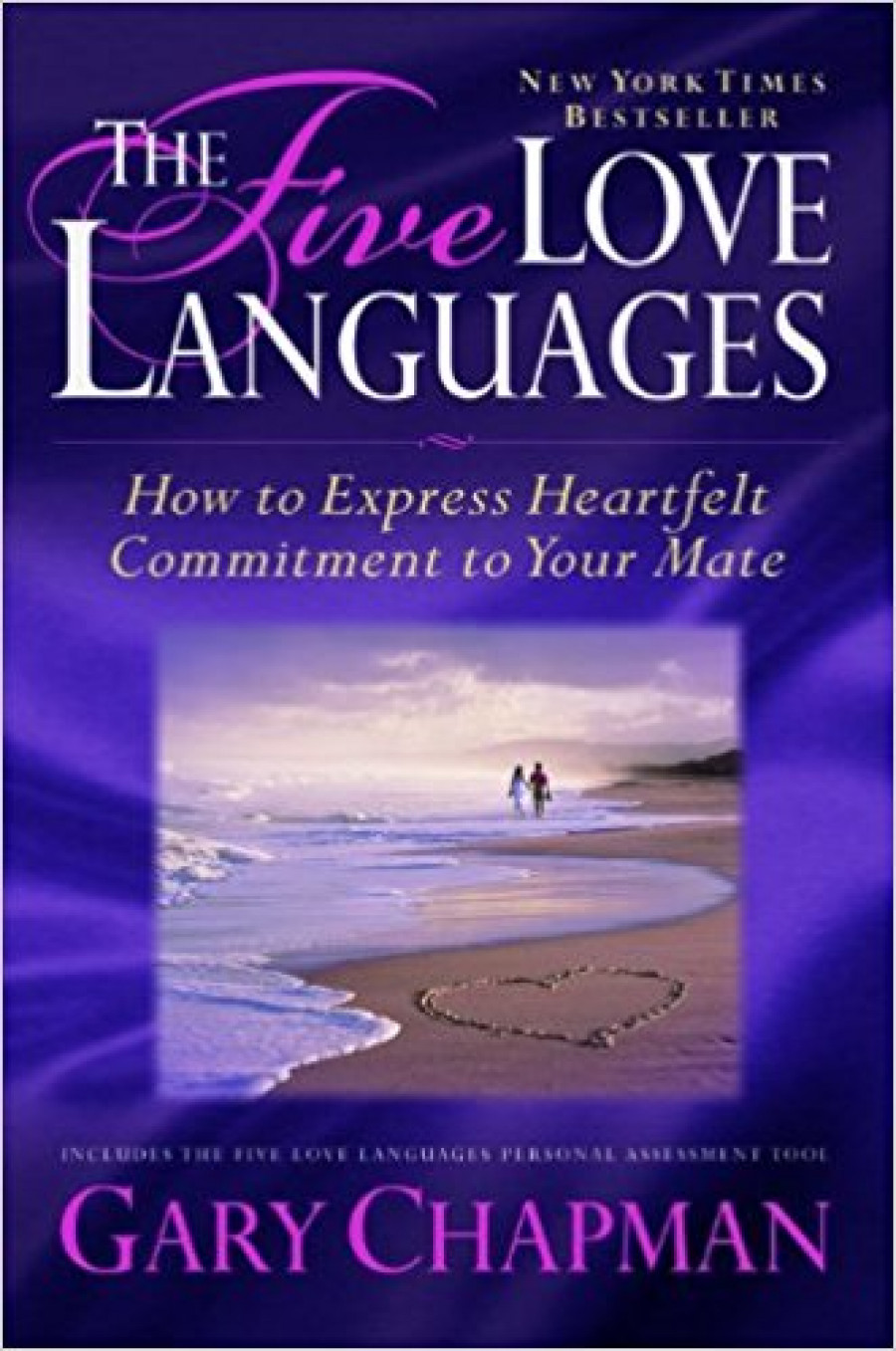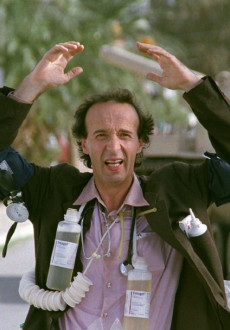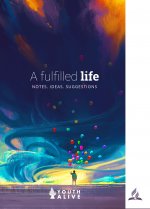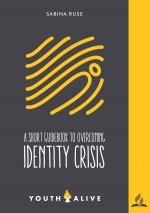When it comes to love and relationships, much can be said or written. Probably one of the most discussed subjects, love is an integral part of everyday life. We find it at each step, either in romantic, family or friendship relationships. Still, do we really know to love? Are we aware of the efforts we need to invest to have a beautiful and lasting connection with others?
“The 5 Languages of Love” is, according to many experts, one of the best books on relationships in the world. Written by well-known pastor and PhD Gary Chapman, the book reached its sixth edition, continuing to be sold worldwide in millions of copies. It has also spawned a series of books covering the whole range of human social relations (eg. "The 5 Languages of Children's Love").
The book takes the shape of a testimony against human selfishness, and tries to restore the strength of couples to what it used to. Basically, in order to build a happy and authentic relationship with a loved one, all you have to do is learn to speak in the right "language". We are all different, and each heart has its own individual key. After all, love is firstly about the other person, and only then about us.
According to researchers, there are more languages than the five described in the book, but Chapman believes these are enough. In his opinion, receiving gifts, quality time, words of affirmation, acts of service (devotion), and physical touch represent the ways in which people manifest their love. Each person has a dominant need that, once satisfied, fills the reservoir of happiness. So, all you have to do is discover the language of the person you love, and address them using it.
It sounds simple enough, but it's not easy, because it involves giving up on yourself, in favor of the other. In other words, you have to set your own pride and needs aside, just so you can respond to the needs of another. And that requires effort, action and determination. It's never easy to get out of your comfort zone, and a healthy relationship requires even more of a serious overcoming of the boundaries you're used to.
“Love is something you do for someone else, not something you do for yourself.”
The conclusion, therefore, is simple: learn to offer before you demand. It may not be easy, but the results are more than worthwhile.
“For love, we will climb mountains, cross seas, traverse desert sands, and endure untold hardships. Without love, mountains become unclimbable, seas uncrossable, deserts unbearable, and hardships our lot in life.”













